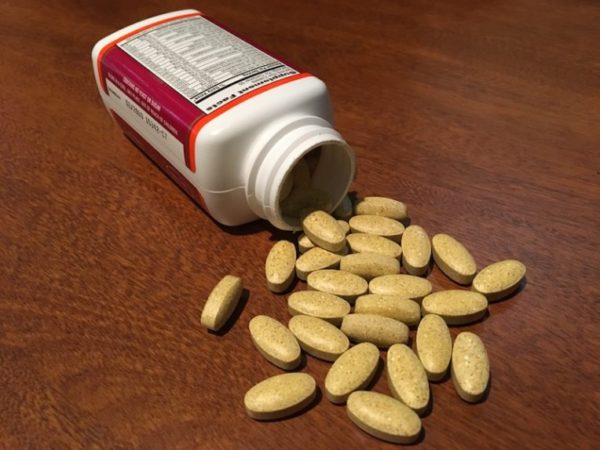Should you be taking a daily vitamin or is it just a waste of time? There are times in my life when I’ve taken one, but I usually try to get the nutrients I need from what I eat. I decided to turn to the experts at MAND, the Maine Academy of Nutrition and Dietetics to settle the issue.
The answer comes from registered dietitian Andrea Paul, RD, LD, who is a MAND member.
Considering taking a daily multivitamin & mineral supplement to boost your health? There are a few important things to consider.
First, if you consume a balanced and varied diet including vegetables, fruit, grains, protein, and dairy or alternatives, you are probably getting adequate amounts of all the vitamins and minerals your body needs to function properly. Secondly, when it comes to vitamins and minerals, more is not necessarily better. Your body will naturally eliminate some excess nutrients that it cannot use, like B vitamins and vitamin C, while high amounts of other nutrients like vitamin A and iron are stored. Vitamins that are stored in the body can cause adverse side effects if they build up to dangerous levels over time.
Another thing to consider when deciding whether a multivitamin is “worth it” is that the U.S. Food and Drug Administration (FDA) does not directly regulate supplements. It is up to the manufacturer to ensure the safety, functional claims and purity of their products. If you do decide to go with a multivitamin, choose one from a well-known company with a history of producing vitamin supplements. Third-party verification that what’s on the label is what is actually in the product) is helpful and a good sign as well. Look for seals from USP and NSF International on labels to indicate a third-party review.
If you are concerned that your diet is lacking and want to take a daily multi as a safeguard, it is likely safe to do so if the percent daily value (%DV) does not exceed 100% for any nutrient. But if your diet is fairly balanced as it is, you probably can skip the multi. Finally, keep in mind that a vitamin-mineral supplement cannot make up for poor dietary intake. Food provides so much more than essential vitamins and minerals!
Since we’re on the subject of vitamins, Andrea also answered a question about single-nutrient vitamin supplements.
Some people may benefit from single nutrient supplements. As we age, our ability to absorb vitamin B12 decreases, so a B12 supplement is often recommended for those over 50 years of age. People who live in this lovely part of the world (New England) are often deficient in the “sunshine vitamin” — vitamin D. There are limited food sources of vitamin D, so depending on your diet, you may benefit from a vitamin D supplement as well. Finally, people following a plant-based vegetarian or vegan diet may need an iron and B12 supplement due to increased needs and limited plant-based sources of those particular nutrients.
What about you? Do you take a daily vitamin?



Once again, you ask the questions so many of us are thinking! Thanks for this, Diane!
Thanks, Roxanne. It was a question I had myself and I discovered I wasn’t the only one.